I’ve been reading back over the history of oracy education in the UK and have picked up a copy of Talk for Learning and Teaching by Joan Tough (Schools Council Publications 1979). Four decades on, it still contains so much relevant and useful material. This paragraph, for example, really made me think:
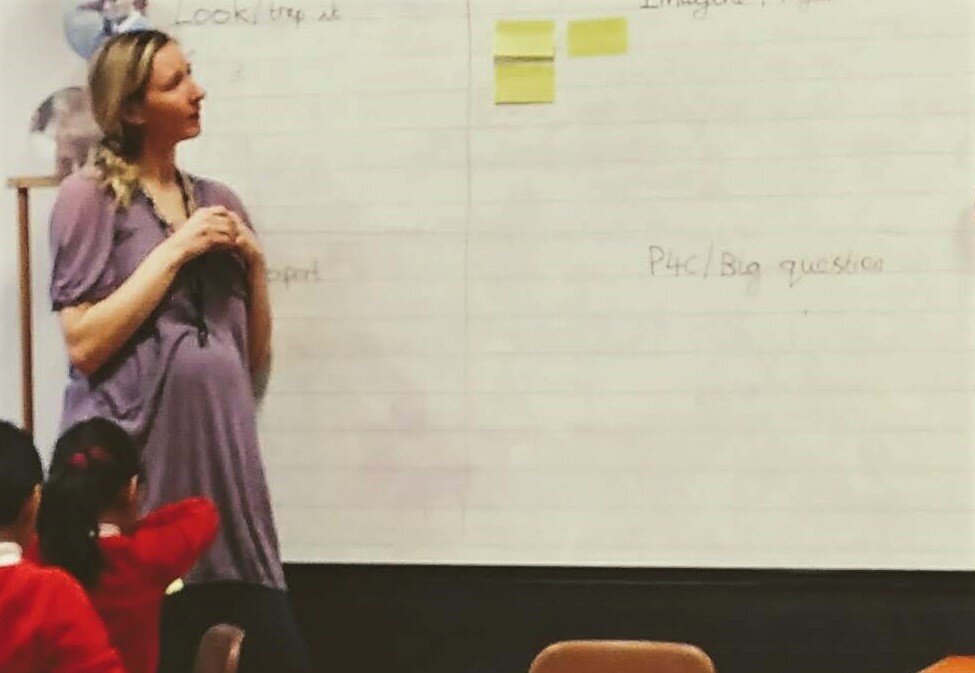
“If we are to use talk as a means of supporting and extending children’s learning then we must select what we say with the same awareness and deliberateness as we would when we select and use other resources.”
Teachers often want to reduce their talk, but aren’t sure where to start. The above quote is a reminder that a game-changer for effective teacher talk is planning it.
Ready to make planned teacher talk your new habit? To take your talk to the next level, here are six questions you can ask yourself:
What specific phrases and vocabulary do I want to say?
What is my main question?
What proportion of the lesson do I want to be talking?
Can I make any of my points in a more concise way?
Which things do I not need to say?
Can I replace any of my talk with non-verbal signals or written instructions?
I’d love to know how you get on.
“…we may talk without considering the effect that our talk has on children.”
Perspectives from some 11-year-olds
Is it a good idea to say this to your pupils?
Get them really listening to, and thinking about, each other’s contributions
Help students manage their talk so everyone has a turn to speak
Get your class talking about sharing and saying no
Six challenges for pupils to try in pairs
Some fun, quick physical oracy tips you can show your class
My top three strategies to make sure every pupil speaks during whole-class learning
Prompts to help pupils practise the important oracy skill of taking turns
An opportunity to take your teaching to the next level
Statements to get your class thinking and talking in the lead-up to the holidays
An oracy game where pupils can see each other's thinking
The power of quick cues when you want them to chorally repeat
An essential ingredient for oracy in the classroom
An update for school leaders and oracy leads
Oracy is a lot more than how we pronounce words
Resources and ideas to deepen learning
Three steps to help your class develop their listening skills
The importance of building the right foundations
Increase the effectiveness of talk partners
The impact of establishing habits and planning for talk
What will happen when you remove the fear of being wrong?
I highly recommend this podcast to anyone with an interest in oracy education
Interviews with experienced communicators, from comedians to speech writers
Including free preview and where to buy
Focus in on this critical aspect of oracy
A great way for pupils to develop and practise their oracy skills



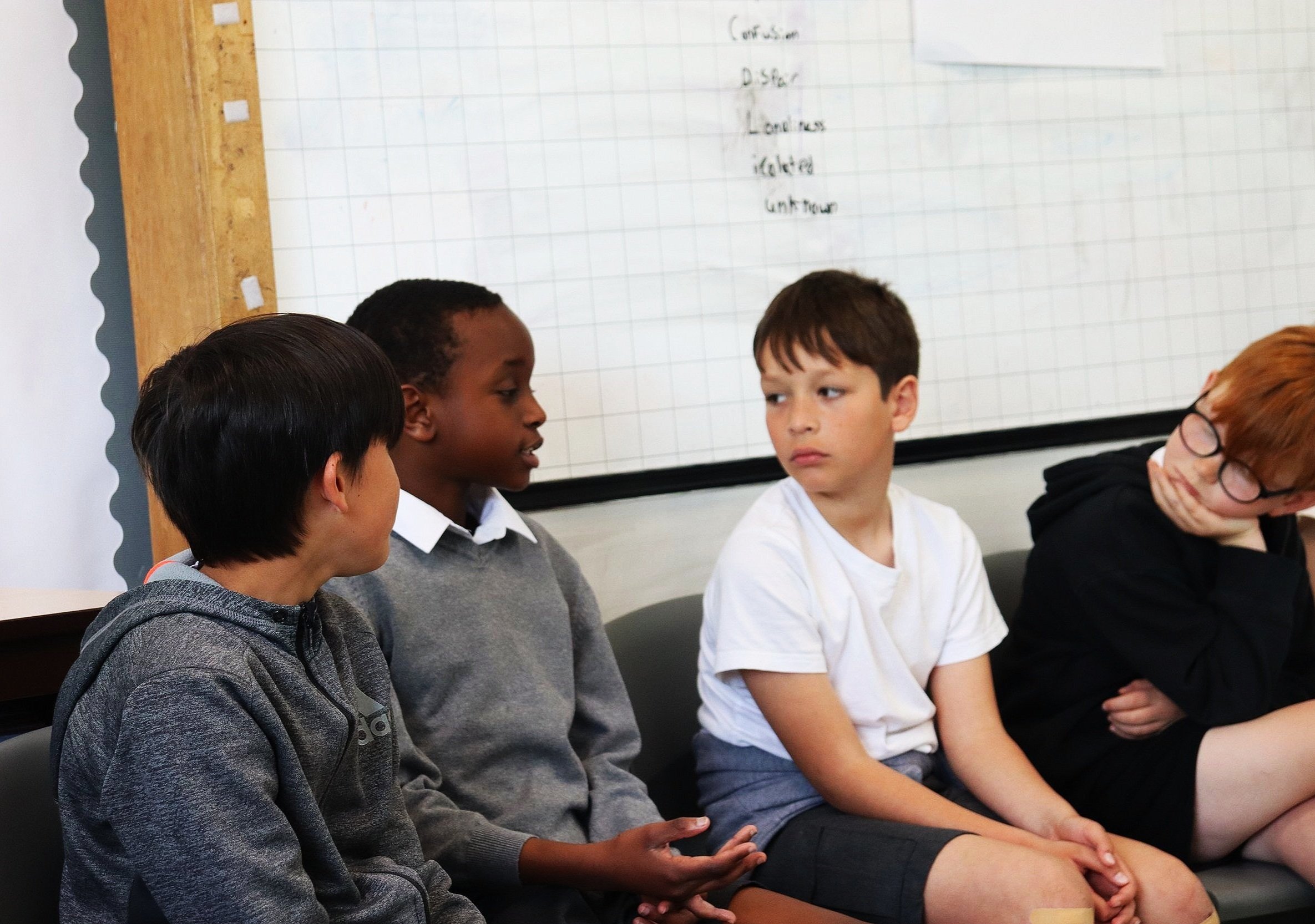





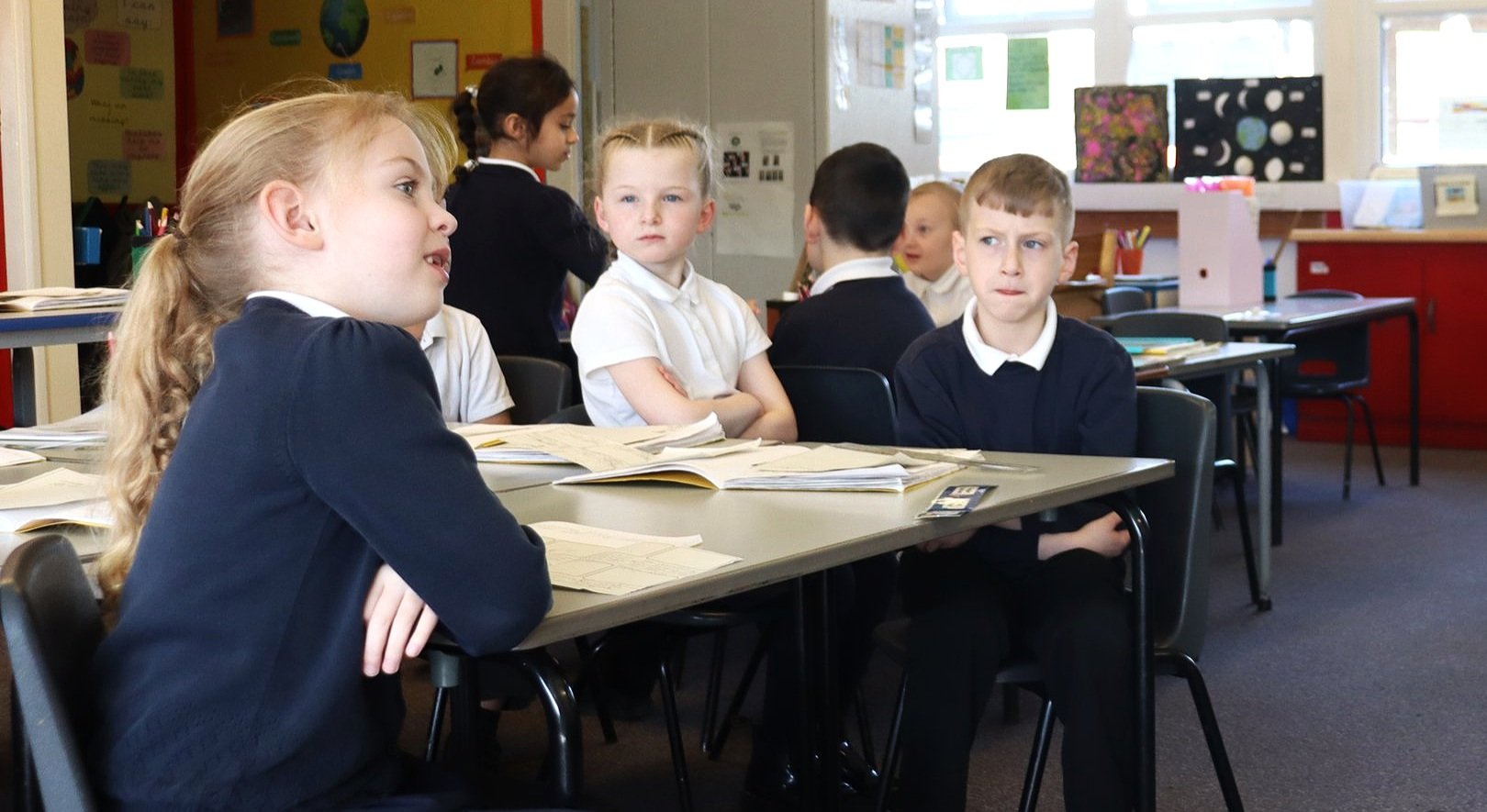










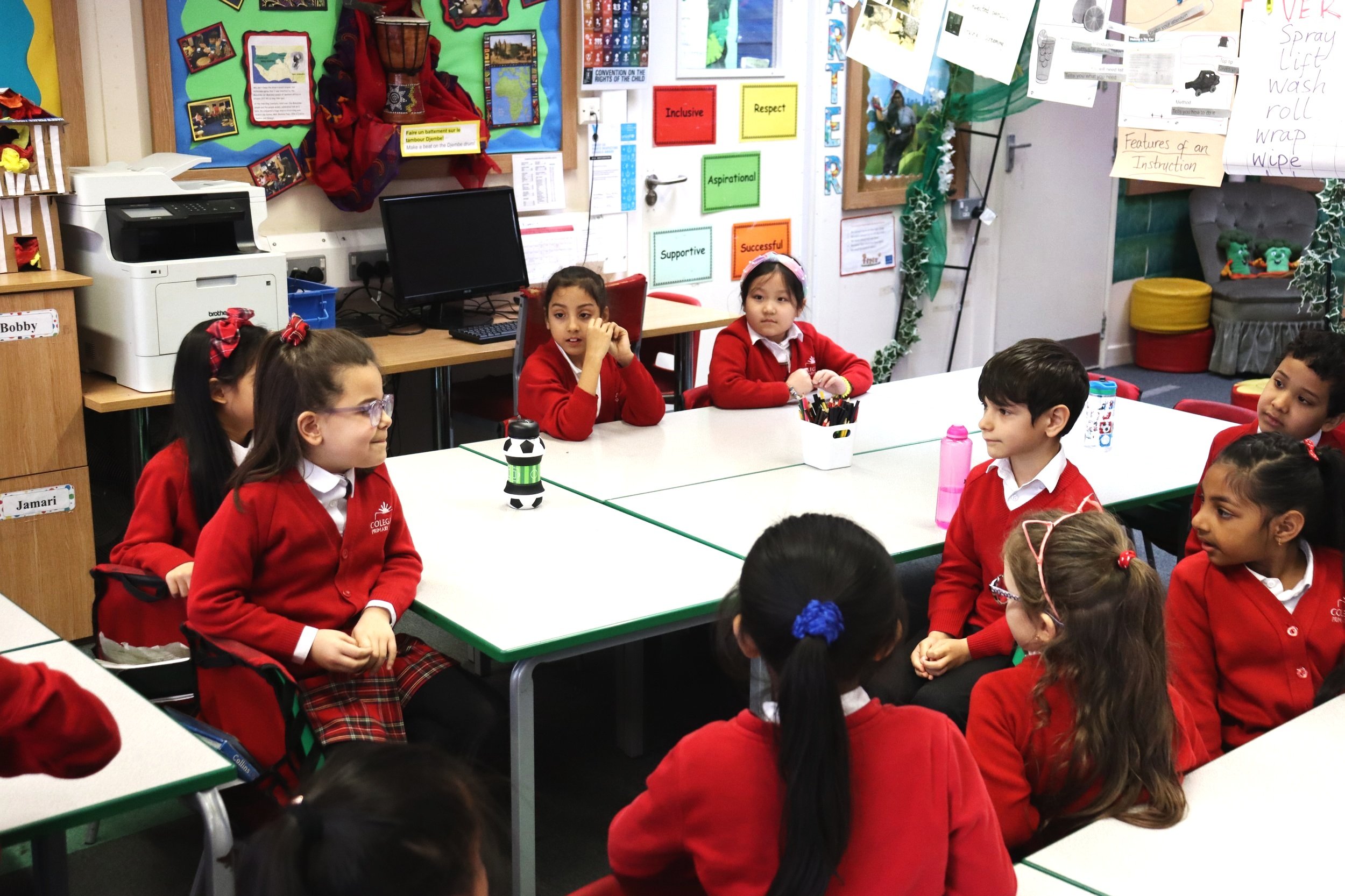
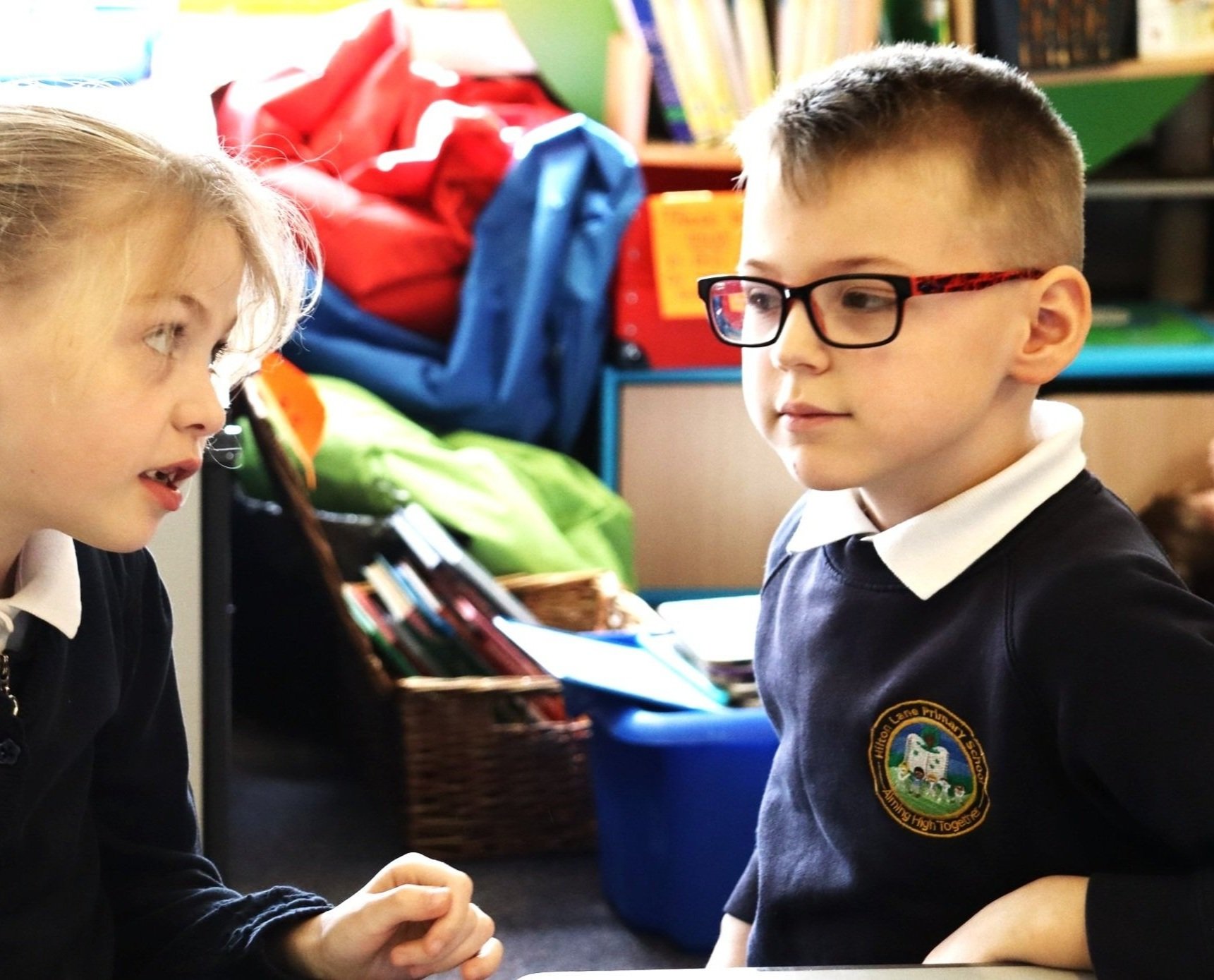



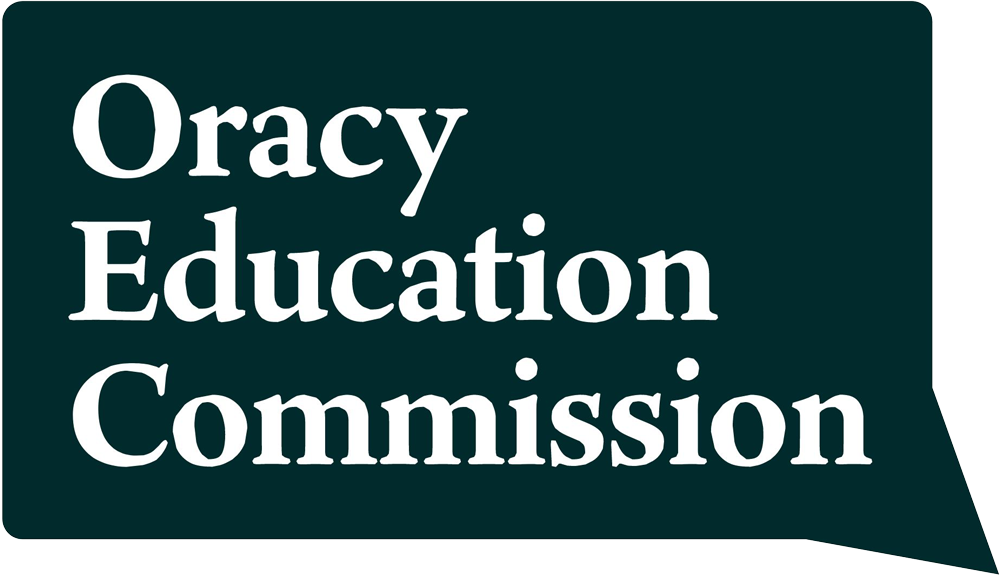
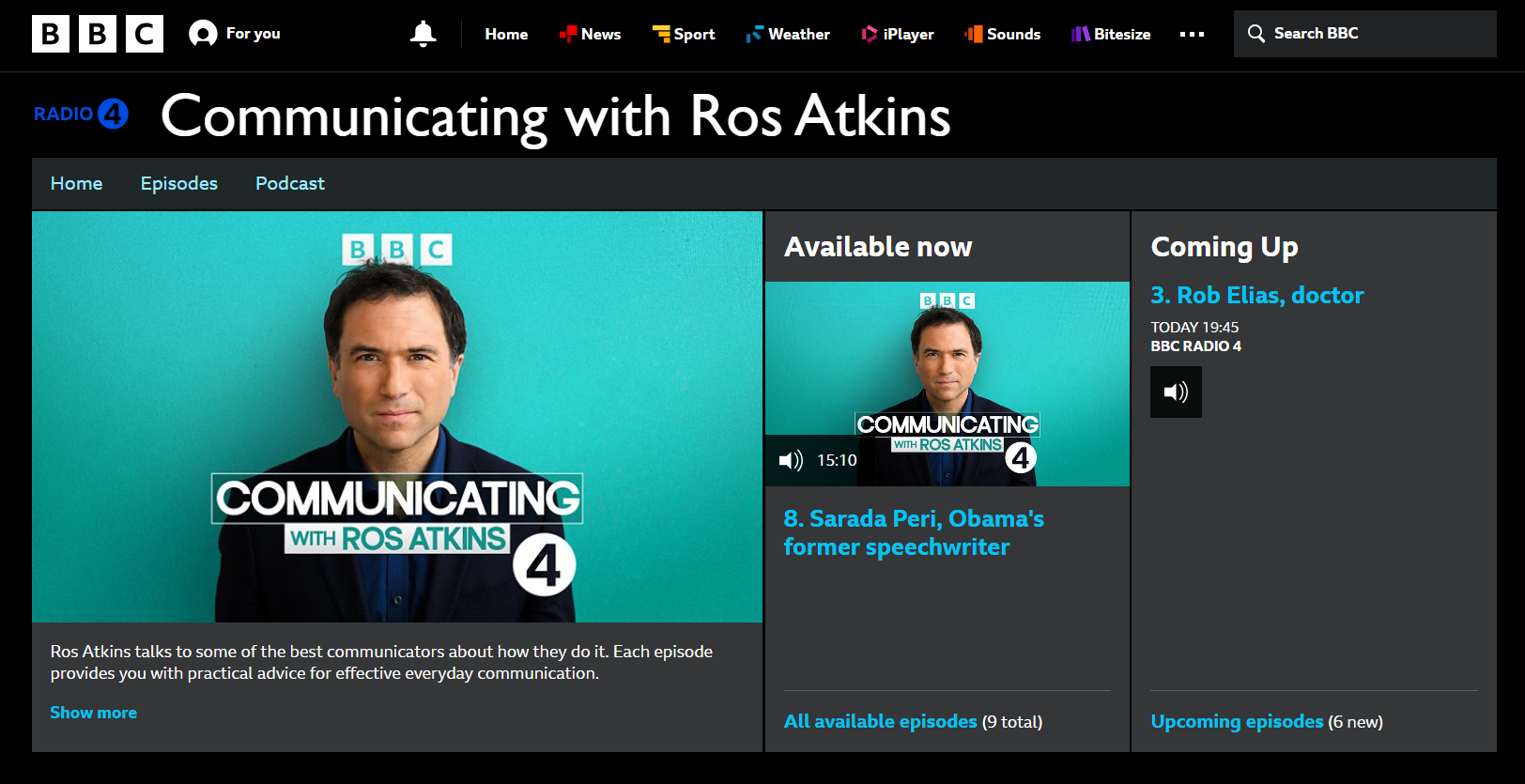


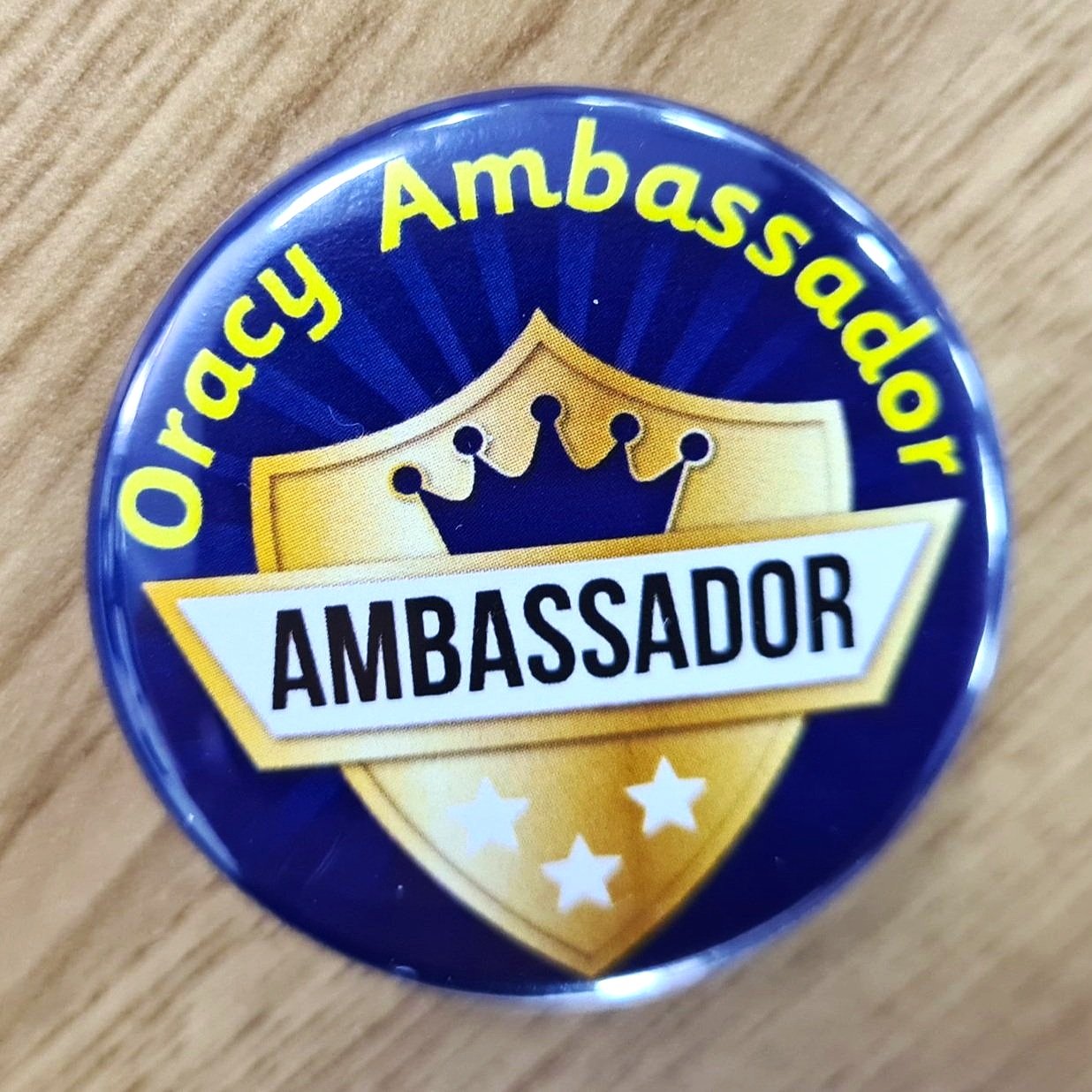
Can they remember what everyone else said?